Langston Hughes (1902-1967) was a famous African-American poet, social activist, novelist, and playwright and was recognized as an important literary figure who lived during a time of worldwide racial oppression and discrimination against blacks. He was born on the 1st of February, 1902, in Joplin, Missouri. Langston was involved in the Civil Rights Movement and also wrote protest poetry. He believed that poetry and art could bring out about changes and equality in society. He was also a part of the Harlem Renaissance as one of the first poets to promote African-American cultures, such as jazz music, known for its free flow and expression. Langston Hughes was very much concerned about creating African-American poetry as an independent genre in the world of literature.
“As I Grew Older” is a poem about the dreams that the poet could not achieve because of racial subjugation and discrimination. The poet, in his childhood, had dreams, but as time passed and he grew up, he was subjected to racial prejudice and oppression.
As I Grew Older Summary
As I Grew Older begins with a dream that the poet had a long time ago. The poet says his dream, bright as the sun, was right in front of him until a wall rose between him and his dream. The poet is an older man now, and he is thinking about his dream, which he dreamt of a long time ago. He thinks he has almost forgotten his dream. He remembers that his dream was not fulfilled as a strong barrier was created by his fellow white people who would not let his dream come true. The wall seems to grow forever and ever, and it has become so taller that it ‘rose until it touched the sky.’ The dream, which was as bright as the sun, has now turned dark. The wall has become a long dark shadow and has been blocking his dream. The dream is replaced by a shadow.
The poet lies down beside the shadow, which means he feels defeated and helpless. He finds that his dream is no longer above him, and so he feels vanquished. Instead of his dreams, he finds the ‘thick wall’ and the ‘shadow’ above him. A plausible interpretation can be that the dream of freedom and independence is no longer real for the blacks, and it has been overshadowed by the wall created by fellow white people.
‘Dark hands’ refers to the poet’s own hands, the color of his skin, who will be able to ‘break through the wall’ and ‘find his dream.’
The poet wants to break the wall and shatter the darkness that keeps him from attending to his dream. He wants to break the shadow into thousand lights of the sun and thousands of whirling dreams.
As I Grew Older Theme
The poem is about the negative effects of racism, prejudice, and discrimination. It is a comment on any form of racial oppression where one cannot achieve their dreams, whether it is because of age, gender, nationality, or religion. The poem conveys that we should believe in ourselves and stand up against an unjust society and rise above any discrimination.
As I Grew Older Analysis
The tone/mood of the poem, As I Grew Older, keeps changing as the poem progresses. In lines 1-6, the tone in the speaker’s voice is optimistic, naïve, and innocent. In the next lines, 7-16, the tone turns into a depressing, angry one. Lines 17-23 show a sign of pessimism and anger in the speaker’s voice. Finally, in lines 24-33, there is hope, and the whole stanza expresses that he can still achieve his dream.
The poem’s changing tone signifies the speaker’s changing perspective on life as he moves from childhood to adulthood. Lines 1-6 show the speaker’s viewpoint when he was a child. Lines 7-16 reflect the change in the speaker’s viewpoint. Lines 24-33 show the present perspective of the speaker, that the time when the poem was composed.
The poem is composed in one stanza in free verse, with irregularity in the length of the lines and no specific rhyme scheme. The diction used is straightforward and lucid, making the words important and the themes clear to the readers. Since there is no regular rhyming scheme, the poet has used repetition of many words like dream, shadow, rose, dark, hands, thousands, sun, and so on.
As I Grew Older Figures of Speech
The poem, ‘As I Grew Older’, has a blend of a powerful mix of light and dark images.
‘Light’ symbolizes dreams, hopes, optimism, possibilities, goodness, intellectual achievements, and awareness. On the other hand, ‘darkness’ symbolizes prejudice, discrimination, hatred, racism, evil, and ignorance.
The use of the words ‘dark hands’ symbolizes the color of the poet’s skin. The poet is black, and he himself refers to his ‘dark hands.’ The speaker believes that he can break through the barrier of being born with a darker skin tone in a white society. ‘I am black’ and ‘my dark hands’ are examples of blunt truthfulness used by the poet in his poem, ‘As I Grew Older.’
The height of the ‘wall’ has been exaggerated to stress the vastness of the hindrances confronting black people during the days of racial oppression in America.
The wall has been used as a metaphor. The wall is presented as an obstacle to the poet’s dream. The obstacle is racism and discrimination against blacks. The poet feels defeated, but at the same time, he is not going to give up his dream. His ‘dark hands’ will help him to shatter the metaphoric wall which has been created by the whites and will destroy hatred and racism.
The poet has used five exclamatory marks in ‘As I Grew Older.’ Exclamations determine emotions and energy in expressing some idea. They are also used as loud commands or gestures. The use of exclamation in ‘As I Grew Older’ indicates the poet’s motivation to break out of this oppression. The verses are short yet punchy, implying the speaker’s repetitive outbursts of effort.
Updated by Anjali Roongta on 11th April 2023
Some online learning platforms provide certifications, while others are designed to simply grow your skills in your personal and professional life. Including Masterclass and Coursera, here are our recommendations for the best online learning platforms you can sign up for today.
The 7 Best Online Learning Platforms of 2022
- Best Overall: Coursera
- Best for Niche Topics: Udemy
- Best for Creative Fields: Skillshare
- Best for Celebrity Lessons: MasterClass
- Best for STEM: EdX
- Best for Career Building: Udacity
- Best for Data Learning: Pluralsight
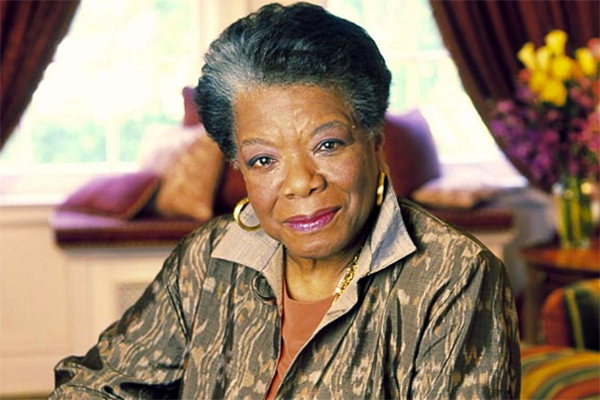

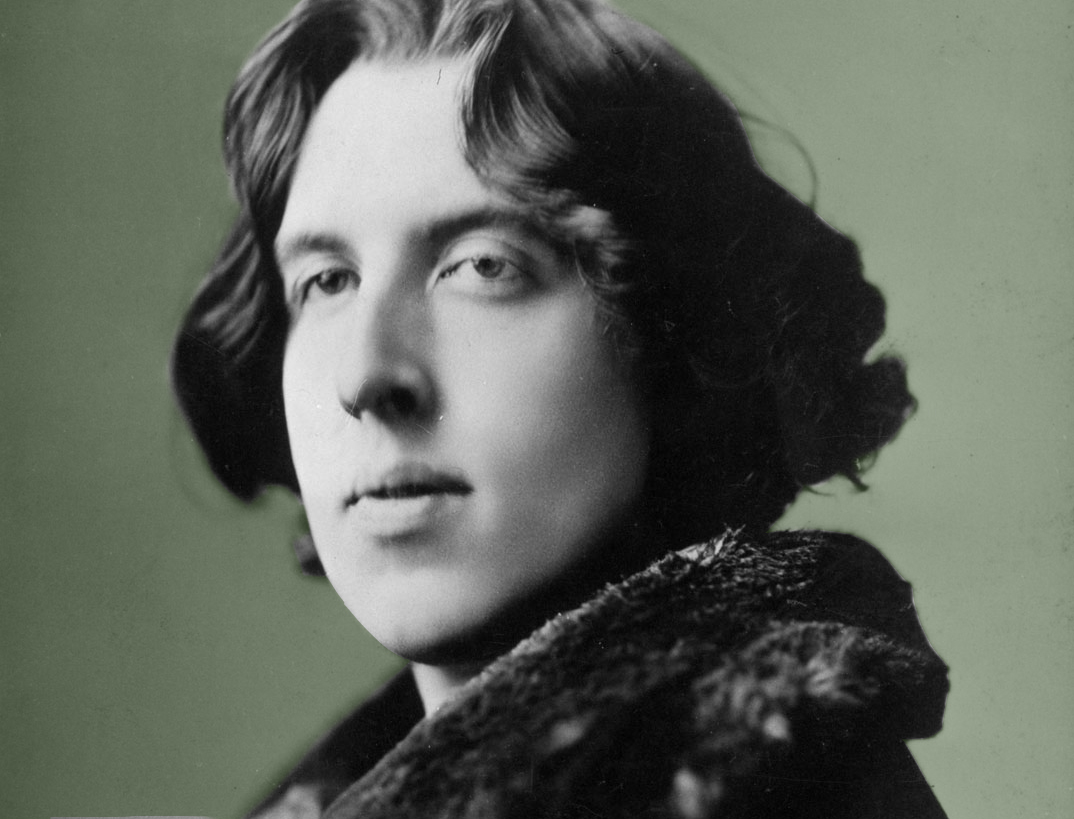
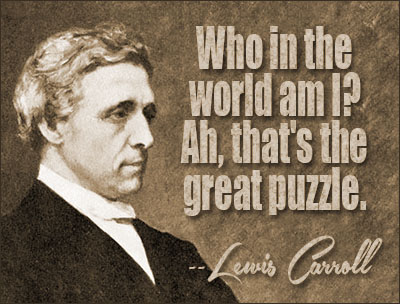
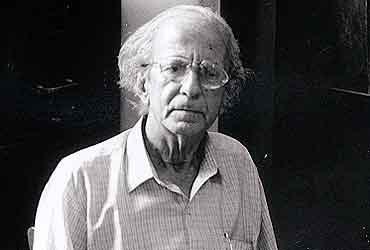




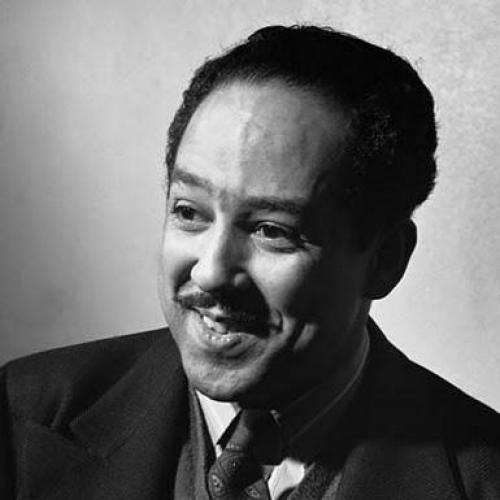





I don’t agree. Read
http://personalexcellence.co/blog/dread-growing-older/
Laura